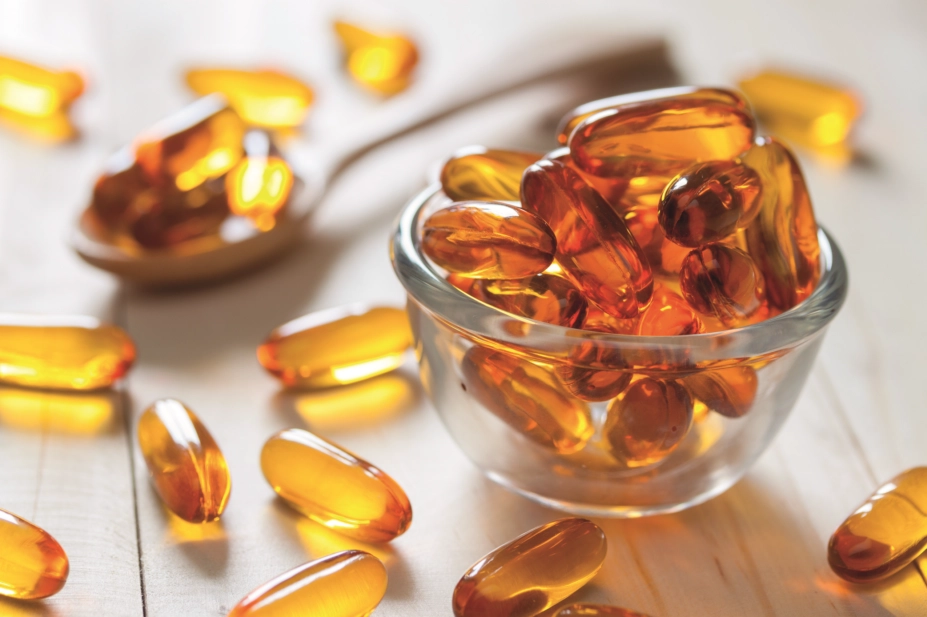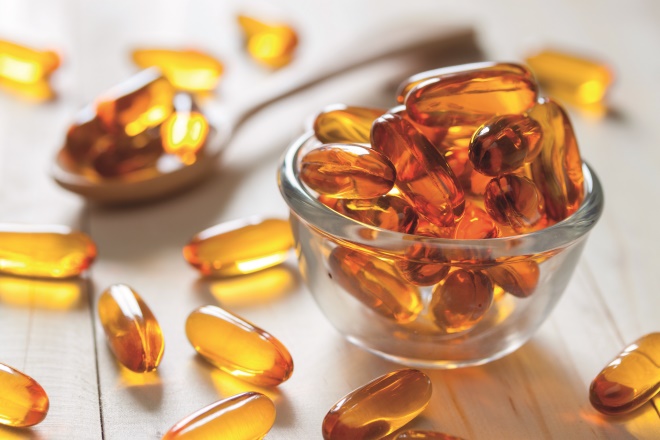
Shutterstock.com
Open access article
The Royal Pharmaceutical Society has made this article free to access in order to help healthcare professionals stay informed about an issue of national importance.
To learn more about coronavirus, please visit: https://www.rpharms.com/resources/pharmacy-guides/wuhan-novel-coronavirus

Source: Shutterstock.com
Vitamin D deficiency is more common in groups who are at increased risk of becoming very ill with COVID-19
Researchers at Queen Mary University of London have launched a clinical trial to investigate whether vitamin D can help protect against COVID-19 and other winter respiratory infections.
The CORONAVIT study, which is funded by Barts Charity, will involve more than 5,000 people aged 16 years and over, with the aim of finding out whether correcting vitamin D deficiency in the population during the winter months will reduce the risk or severity of COVID-19 and other acute respiratory infections.
All participants will take a finger prick vitamin D test, which will be sent to them by post and then processed in an NHS lab. Participants who are found to have low levels of vitamin D in their blood will then be given six months’ supply of either 800 or 3,200 International Units (IU) of vitamin D a day.
The researchers will then track the incidence of doctor-diagnosed or laboratory-confirmed acute respiratory infection in the participants, including COVID-19, to see whether vitamin D supplementation had an effect on their risk and severity of infection.
“There is mounting evidence that vitamin D might reduce the risk of respiratory infections, with some recent studies suggesting that people with lower vitamin D levels may be more susceptible to coronavirus,” said Adrian Martineau, clinical professor of respiratory infection and immunity at Queen Mary University of London and lead researcher of CORONAVIT.
“Many people in the UK have low vitamin D levels, particularly in the winter and spring, when respiratory infections are most common. Vitamin D deficiency is more common in older people, in people who are overweight, and in black and Asian people — all of the groups who are at increased risk of becoming very ill with COVID-19.”
The UK government recommends that the general population considers taking vitamin D supplements at a dose of 400 IU or 10 micrograms per day during winter and spring. This has recently been extended to a recommendation of year-round supplementation in view of potentially decreased sun exposure during lockdown.
Martineau said it was not known if this amount would have an effect on COVID-19 or if higher doses of vitamin D would be able to provide protection against the virus.
Principal investigator of the study, David Jolliffe, added: “[The] CORONAVIT trial has the potential to give a definitive answer to the question of whether vitamin D offers protection against COVID-19. Vitamin D supplements are low in cost, low in risk and widely accessible; if proven effective, they could significantly aid in our global fight against the virus.”
Meanwhile, research published in BMJ Nutrition, Prevention & Health
has suggested that the medical framing of vitamin D supplements in care homes is a practical barrier to implementation of longstanding nutrition guidelines.
The researchers carried out 13 interviews with care home managers, GPs and public health professionals, and found that all participants saw vitamin D supplementation as the responsibility of the GP. Care home staff were fearful of overstepping their role, which meant that they would defer to medical professionals to diagnose a deficiency and then prescribe vitamin D as a “medicine”.
“The medicalisation of this nutrient is at odds with the UK’s nutrition advisory committee Scientific Advisory Committee on Nutrition (SACN), and other nutrition expert panels, who consider vitamin D supplements, along with natural food sources and fortified foods, as a dietary source,” the study report said.
The authors said that the “gap” between public health guidance and practice around vitamin D supplementation in the care sector was putting elderly residents at risk of low vitamin D levels and, consequently, at increased risk of falls and poor muscle strength and function.


